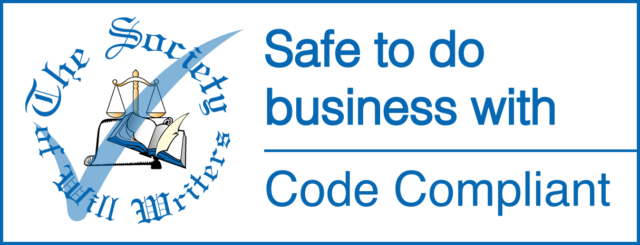Conditions That Qualify for Attendance Allowance in the UK
Many people in later life are missing out on thousands of pounds a year because they assume they’re not eligible for Attendance Allowance . The truth? You don’t have to be severely disabled or have a formal carer to qualify.
In this blog, we’ll break down:
-
What Attendance Allowance is
-
The types of health conditions that qualify
-
What really matters when applying
-
How to get support with your claim
What Is Attendance Allowance?
Attendance Allowance is a non-means-tested benefit for people over State Pension age who need help due to an illness or disability. It can be worth:
And the best part? It doesn’t affect your State Pension and can even unlock other benefits like Pension Credit or Housing Benefit.
Conditions That Qualify – It’s About Need, Not Labels
There’s no official list of eligible medical conditions. What matters is how your condition affects your daily life — not the diagnosis itself.
That said, these are common conditions where people often qualify for Attendance Allowance:
Cognitive & Mental Health Conditions
-
Dementia (including Alzheimer’s)
-
Parkinson’s disease
-
Stroke after-effects
-
Depression and anxiety (if they impact daily functioning)
-
Learning disabilities
-
Brain injury or memory problems
Musculoskeletal & Mobility Conditions
-
Arthritis (rheumatoid, osteoarthritis, etc.)
-
Osteoporosis
-
Joint or back pain (chronic)
-
Hip or knee replacements
-
Fibromyalgia
-
Severe sciatica
-
Mobility issues needing walking aids
Cardiovascular & Respiratory Conditions
-
Heart disease / heart failure
-
Angina
-
COPD (Chronic Obstructive Pulmonary Disease)
-
Emphysema
-
Asthma (severe or poorly controlled)
Neurological & Sensory Conditions
-
Multiple sclerosis (MS)
-
Parkinson’s
-
Epilepsy
-
Motor neurone disease (MND)
-
Peripheral neuropathy
-
Severe sight loss (registered blind or partially sighted)
-
Hearing loss (especially if it causes communication difficulties)
Other Common Conditions
-
Cancer (especially if treatment causes fatigue, pain, or side effects)
-
Diabetes (with complications like neuropathy, vision loss, or amputations)
-
Incontinence or bladder conditions
-
Chronic fatigue syndrome / ME
-
End-of-life care needs
-
Recent surgery requiring recovery time and support
If you struggle with a mental or physical condition that is not listed above, you may still be eligible. It's worth speaking to our Attendance Allowance experts here (free of charge) to find out.
You Don’t Need a Diagnosis – You Need Support
Many people wrongly assume:
But AA is awarded based on whether you need help with things like:
-
Washing, dressing, or bathing
-
Taking medication correctly
-
Managing meals or eating
-
Avoiding falls
-
Being supervised for safety
Even if you don’t currently receive that help, needing it still counts.
Real-World Example
Margaret, aged 79, has arthritis and poor vision. She lives alone and struggles to dress herself and take medication on time. She doesn't have a carer but applied for AA and now receives £110.40 per week — helping her pay for extra support.
How to Apply for Attendance Allowance
Applying involves filling out a detailed 30+ page form, which can feel a little daunting. Many people are often rejected due to completing the form incorrectly. That’s where we come in.
Our team specialises in completing Attendance Allowance applications on behalf of our clients. We know exactly what decision-makers are looking for, and we’ll ensure your form is filled in clearly, accurately, and in the best possible way to support your claim — all with the goal of helping you get accepted first time.
Should your application be successful we charge a fee of £600, which is usually covered by your first back dated payment. All subsequent payments are 100% yours to keep and spend however you like.
We take away the stress, avoid the jargon, and give you peace of mind.
Get in touch with us today to book a free, no-obligation chat — and let us take care of the paperwork for you.









